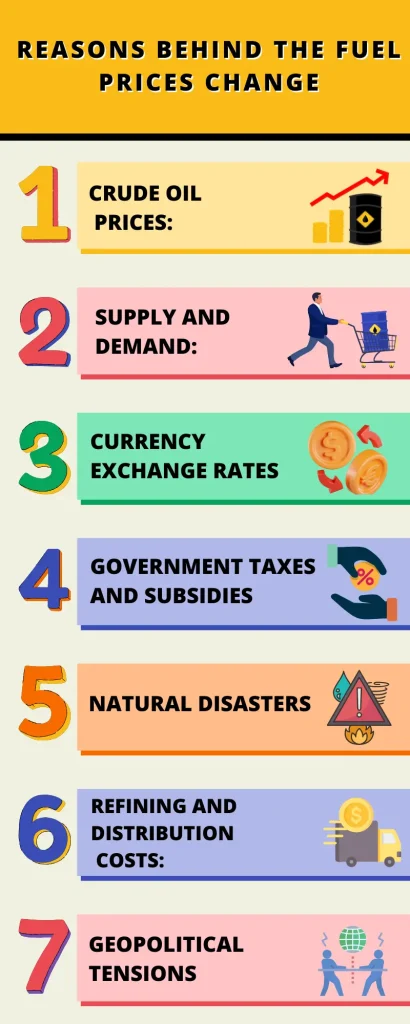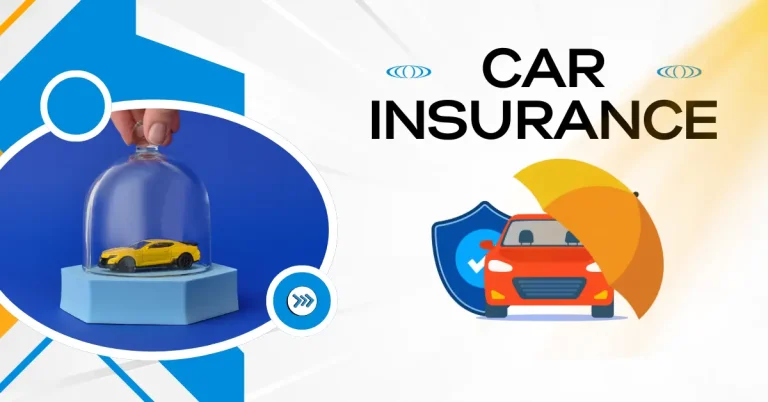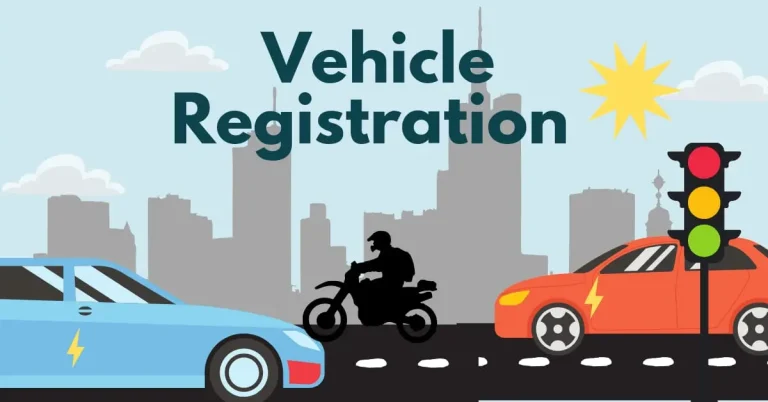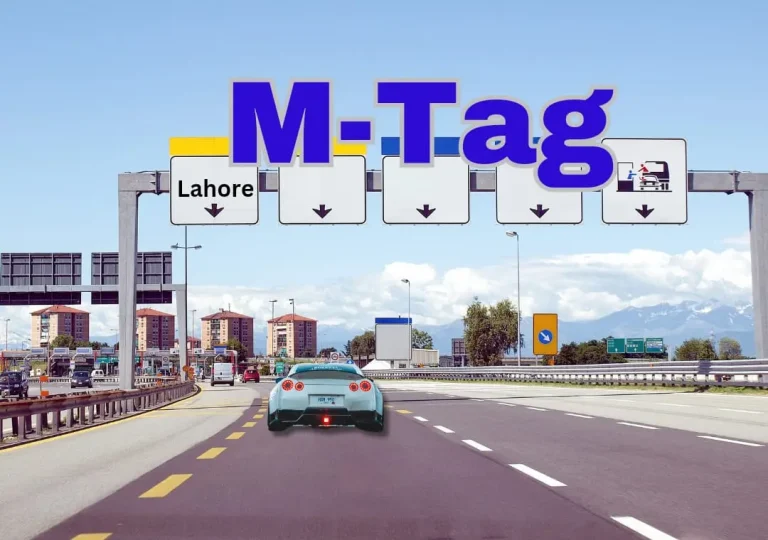Petrol and Diesel Prices in Pakistan
The latest Petrol and Diesel Prices in Pakistan: petrol price Rs. 258.43/Ltr, High-Speed Diesel is Rs. 262.59/Ltr and Light Speed Diesel is Rs. 155.81/Ltr.
The Latest Petroleum prices
Effective from 15 june 2025
| Petroleum Type | Price (PKR) |
|---|---|
| Petrol | 258.43/Ltr |
| High Speed Diesel (HSD) | 262.59/Ltr |
| Light Diesel Oil (LDO) | 155.81/Ltr |
| Kerosene Oil | 171.65/Ltr |

Types of Petroleum
Petroleum is a natural product trapped in rocks under the earth’s crust. It means rock oil. Petroleum is formed by decomposing dead plants and animals buried under the earth’s crust millions of years ago. Thus, the remains of dead plants and animals are converted into dark brownish viscous oil, which is generally known as crude oil. Crude oil (fossil fuel) is then refined in different refineries. Here are some refined forms of petroleum used as fuel in vehicles:
- Petrol (super) price in Pakistan.
- High-Speed Diesel Price in Pakistan.
- Light Speed Diesel price in Pakistan.
- Kerosene price in Pakistan.
- LPG Price in Pakistan.
- CNG (Compressed Natural Gas) price.
- High Octane price in Pakistan
Petrol(super) Price in Pakistan
The latest updated price of petrol (super) is 258.43 PKR. Due to its high-octane value, this kind of petrol boosts the engine’s performance. Most people prefer super for their cars and bikes.
High-Speed Diesel Price in Pakistan
The price of High-Speed Diesel is 262.59 PKR. HSD is used in high-speed diesel engines with speeds above 750 rpm. It is used in commercial vehicles like heavy-duty cars, trucks and buses.
Light Speed Diesel Price in Pakistan
The latest updated price of High-Speed Diesel is 155.81 PKR. It is used in engines that do not require the high purity found in high-speed diesel, such as slow- and medium-speed vehicles.
Kerosene Price in Pakistan
In Pakistan, kerosene is commonly used as fuel for lighting and cooking purposes.. It powers small machines and different types of equipment. The price of kerosene oil is 171.65PKR.
LPG Rate in Pakistan
LPG (Liquified Petroleum Gas) or wet natural gas is widely used in heating appliances and cooking equipment. Many vehicles such as rickshaws and minivans run on LPG. The current price of LPG is 250.28 PKR/Kg.
CNG (Compressed Natural Gas)
Compressed Natural Gas is a natural fuel mainly composed of methane. It is more efficient and cheaper than other petroleum forms. It produces less pollution. CNG is compressed under high pressure and occupies less volume in fuel storage. use of CNG decreases with time due to shortage of supply.
High Octane Rate in Pakistan
High-octane petrol offers greater fuel stability due to its higher rating. However, due to its quality and performance, high-octane is more expensive than others. It is the most expensive oil in the world. OGRA does not control its prices, so every petrol pump has different prices.
Reasons Behind the Petrol and Diesel Prices Change
Fuel prices change globally due to many factors.

Why are petrol and diesel prices important for daily life?
Fuel prices, especially petrol and diesel, are important for daily life and the economy of the Country. The rise affects all aspects of life. High fuel prices increase the cost of living and also affect businesses. Any change in fuel prices disturbs household budgets and overall economic growth. Managing fuel prices by the government is crucial for keeping daily life affordable and stable for a normal person and the economy. Here are some key reasons why fuel prices are important:
Impact on Transportation
Petrol and diesel prices affect people by increasing convenience expenses. Public transport, such as taxis, vans, rickshaws, and buses, increases the fare. So, families face more commuting expenses, which makes their home budget unstable.
Impact on Goods and Services
Household goods transported by roads, rail or air are costlier due to the rise in fuel prices. Rising fuel prices raise the cost of essentials like medicine and food, making it harder for people to afford daily necessities.
Impact on Household Budget
As fuel prices rise, families reduce spending on entertainment and savings. The cost of Utilities and deliveries increases overall daily costs.
Increasing Manufacturing Cost
Changes in fuel prices increase the operational expenses for industries that rely on transportation like agriculture and construction. High fuel prices for small businesses lead to less profitability, especially in the logistics and delivery sectors.
Economic Stability
Fuel prices play a major role in inflation and GDP and can harm economic stability by slowing growth rates. To manage this, the government may introduce subsidies or tax cuts, but such measures disrupt government budgets and reduce funds for other development programs.
Social Implication
Changes in fuel prices impact a person’s political and social life and can create dissatisfaction among people leading to protests. Due to rising fuel costs, families often cut down on activities and other expenses. People try to compensate for fuel prices by adopting alternatives like bicycles, or electric vehicles.
Euro Fuel Emission Standards in Pakistan
Pakistan adopted Euro-II emission standards in 2012 to reduce vehicle emissions. In 2020, the country transitioned to Euro-V fuel standards for cleaner petrol and diesel. However, enforcement has been weak due to reliance on older vehicles and outdated refineries. Many cars and local refineries are not fully compatible with Euro-V fuels. Plans aim to upgrade refineries to follow Euro-VI standards.
Historical Background of Petrol Rises in Pakistan
Petrol and diesel prices in Pakistan have increased consistently for decades due to many factors. The oil crisis in the 1970s started the trend of increasing oil prices. Prices also rose in the 1989s and 1990s due to the weak position of the rupee against the dollar and IMF policies. In 2008 the global increase in petrol prices further increased the prices in Pakistan. In 2010, the Government cut down the subsidies and imposed more taxes leading to further oil price hikes. Recently, the Ukraine war and the rupee fall caused record-high prices. The oil prices keep fluctuating due to global oil trends and economic issues.
Impact of Fuel Prices on Vehicle Ownership and Market Trends
Petrol and diesel prices affect the cost of vehicles and market dynamics. people often choose more fuel-efficient cars and bikes. Overall, the demand for hybrid or electric vehicles increases. Additionally, people prefer those types of cars that are more fuel-efficient. Consequently, these changes appear in MTMIS Punjab, showing changes in vehicle registrations and ownership trends.







